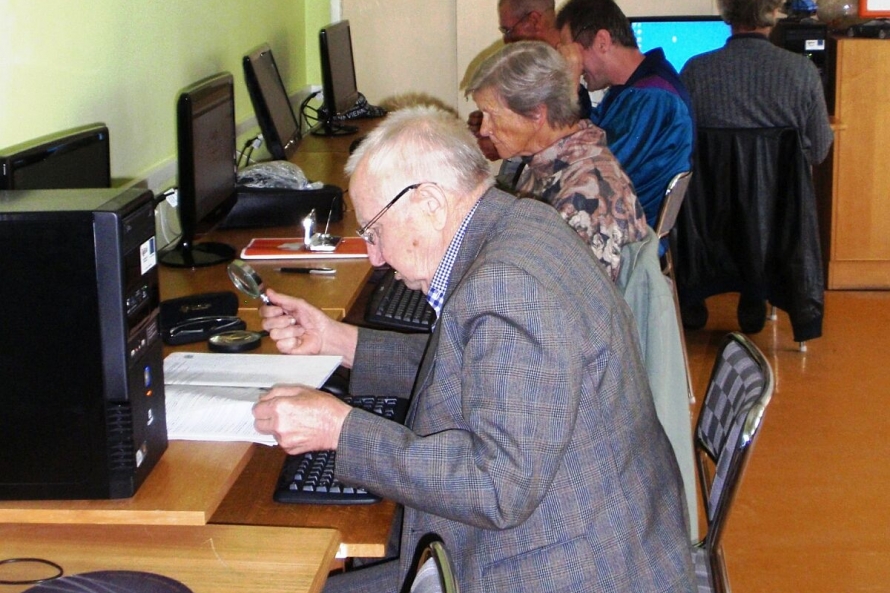With that aim in mind, the world Bank on October 1 launched a new report titled The Active Aging Challenge: for Longer Working Lives In Latvia which - perhaps surprisingly - offered some reason for optimism among the usual doom and gloom of demographic disaster.
By 2030, according to Eurostat data, more than 45 percent of Latvia's population is expected to be aged 50 or above, compared to a figure of around 39 percent currently. The total population by the will be just 1.6 million, it predicts.
"These demographic trends could jeopardize growth and, if not contained by adjustments in individual behavior and government policy, perhaps drive a drop in income," the report says.
The full report can be read on the World Bank website here.
At the launch of the report, LSM took the opportunity to talk to several participants about what Latvia does well in connection with its aging population, what it does not so well and even how it an be of help to other countries experiencing demographic challenges of their own.
One of the report's authors, Victoria Levin, told LSM the changing demographic situation presents opportunities as well as challenges and that providing good healthcare services was one of the most important factors in helping older people stay in the workplace.
Where demographic questions are concerned, the University of Latvia's Mihails Hazans always comes armed with a formidable array of facts and opinions, some of which he outlined, along with examples of where Latvia's policy might be heading in future.
“Current demographic trends in Latvia point to the need to efficiently use the potential of the existing labor force,” said Welfare Minister Uldis Augulis at the launch event.
“Longer and better working lives are important not only for the welfare of the older population, but also for future growth prospects of Latvia. In order to perceive aging as an opportunity and develop policies that correspond to current and future challenges, an extensive analysis of the situation was needed,” Augulis said.
Also participating in the conference attached to the report launch was Ilze Zvidrina of the Welfare Ministry. Far from being abstract ideas, some of the report's recommendations could be in place within a few months, she told LSM.



























